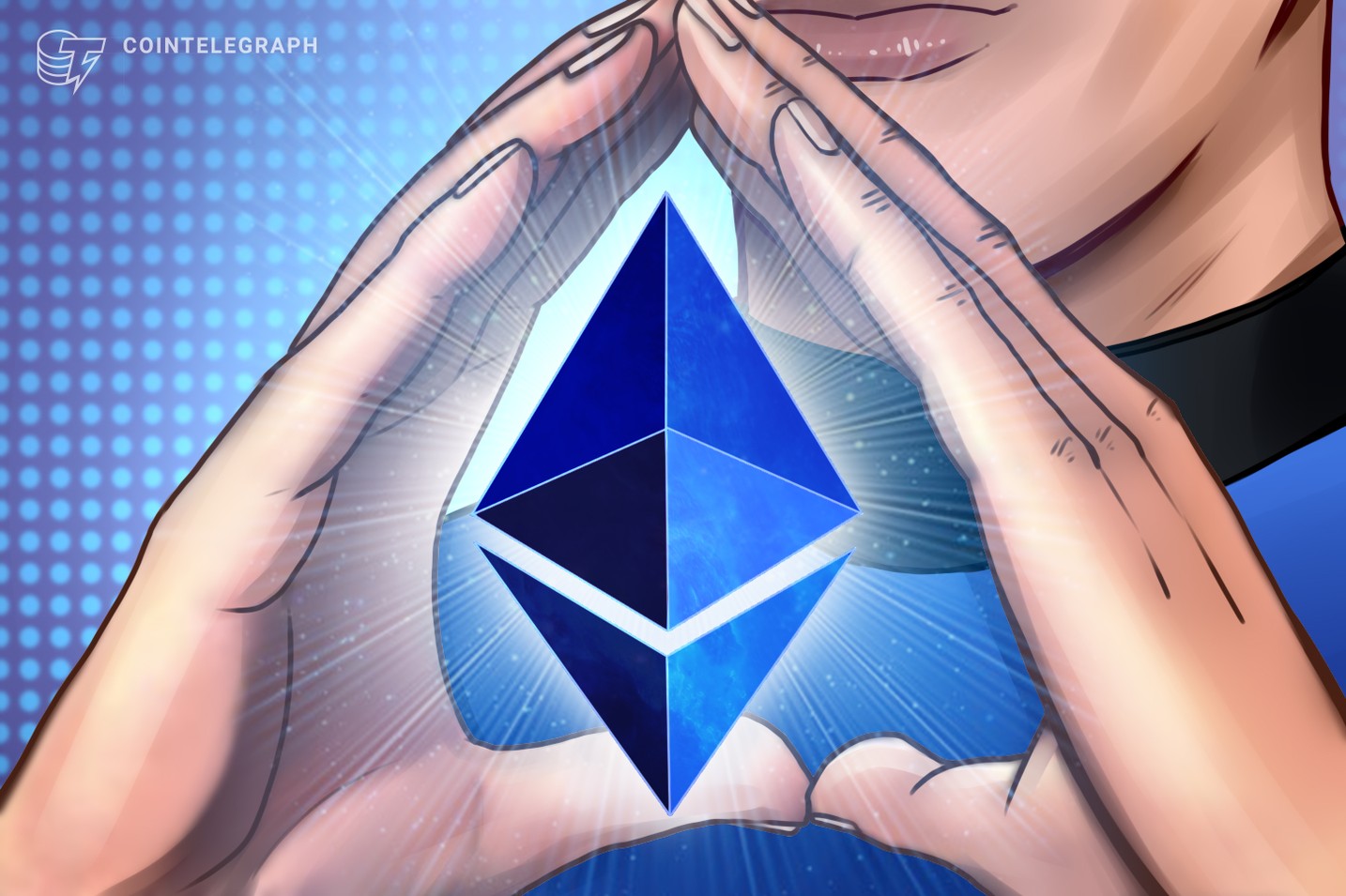
Sorare's CEO Expresses Continued Faith in Ethereum Despite Transition to Solana
Sorare, the fantasy sports crypto platform, is moving from Ethereum to Solana, as its CEO argues that the latter better supports scalability and consumers.
Sorare, a platform specializing in fantasy sports using blockchain technology, has announced that it is transitioning from Ethereum to Solana. Nicolas Julia, the CEO, highlighted that this switch is primarily due to Solana’s enhanced scalability and its emphasis on consumer applications.
In an announcement made last Thursday, Sorare stated their decision to migrate after a successful six-year run on Ethereum, indicating that they will move over 10 sports games along with their trading cards.
“It’s not a replacement, it’s an upgrade,” Julia stated during the announcement, discussing how Sorare sees Solana as the superior option.
“It’s not a replacement, it’s an upgrade.”
Translation: This reflects Sorare’s aspiration to provide better services and user experiences.
Julia elaborated that Solana is currently the most appropriate blockchain, as it tops the fantasy sports domain in terms of revenue generation, active developers, and daily interactions. Despite acknowledging that Solana is more centralized compared to Ethereum, the platform has demonstrated a strong commitment to scalability and security.
“Solana’s increasing user adoption validates our decision to transition”, he added, pointing out that despite launching five years later than Ethereum, it has made significant progress.
The migration is set to finish by the end of this month. Julia emphasized that even with this change, their commitment to the Ethereum ecosystem remains.
“We stay very optimistic about Ethereum,” Julia reassured, confirming that Sorare will continue to facilitate Ethereum users through integration on the Base network and will accept Ether deposits.
With a user base surpassing 5 million and a valuation of $4.3 billion in October 2021, Sorare is among the few leading crypto protocols making strategic shifts to foster growth beyond their original blockchain.
In recent transitions, other notable systems like 1inch and The Graph have also moved from Ethereum to Solana.
Sorare’s operations predominantly involve football, along with basketball and baseball, allowing users to trade officially licensed digital player cards as non-fungible tokens (NFTs). Users can assemble teams using these cards and engage in competitive tournaments, winning rewards based on actual player performances.
Market Dynamics of Sports Tokens
The competitive landscape for sports tokens includes other platforms such as Flow, Chiliz, and the NBA Top Shot, which previously saw a decline in popularity when DraftKings Marketplace ceased operations in July 2024 due to legal concerns.
Currently, the market capitalization for sports crypto tokens rests at $1.17 billion, a significant drop from the highs of 2021-2022, as indicated by recent CoinGecko data.
The overall NFT market has also faced challenges, with Sorare’s NFT floor prices plummeting from a high of $91.25 in April 2022 to just $2.21 by October 12.
Daily transactions for Sorare’s NFTs have been consistent, maintaining between 5,000 to 30,000 sales regularly, which mirrors the activity levels observed in 2022.
Future Direction
Julia remarked that despite the upcoming migration, Sorare is keeping an eye on other innovative high-speed blockchains that might further enhance its sports trading card offerings.
“Many avenues are under consideration, and our focus will remain on the advancements of high-performance ecosystems like Sui and Aptos, while currently maintaining trust in Solana,” Julia remarked.
Translation: This indicates a strategic openness to future opportunities beyond Solana.
Sorare is moving forward with plans to integrate Layer0 technology to streamline marketplace transactions across both Solana and Base, reinforcing their goal to be versatile across various blockchain ecosystems.
Stability Concerns
Julia stated that he is not particularly worried about the potential for Sorare encountering issues with Solana’s network stability.
“Our team has learned to adapt to the usual challenges associated with blockchain tech over time,” Julia explained, adding that his confidence in Solana’s technology and its team’s stability has grown.
He remarked that past network outages have decreased in frequency and have been effectively resolved, illustrating Solana’s capability to evolve rapidly.





